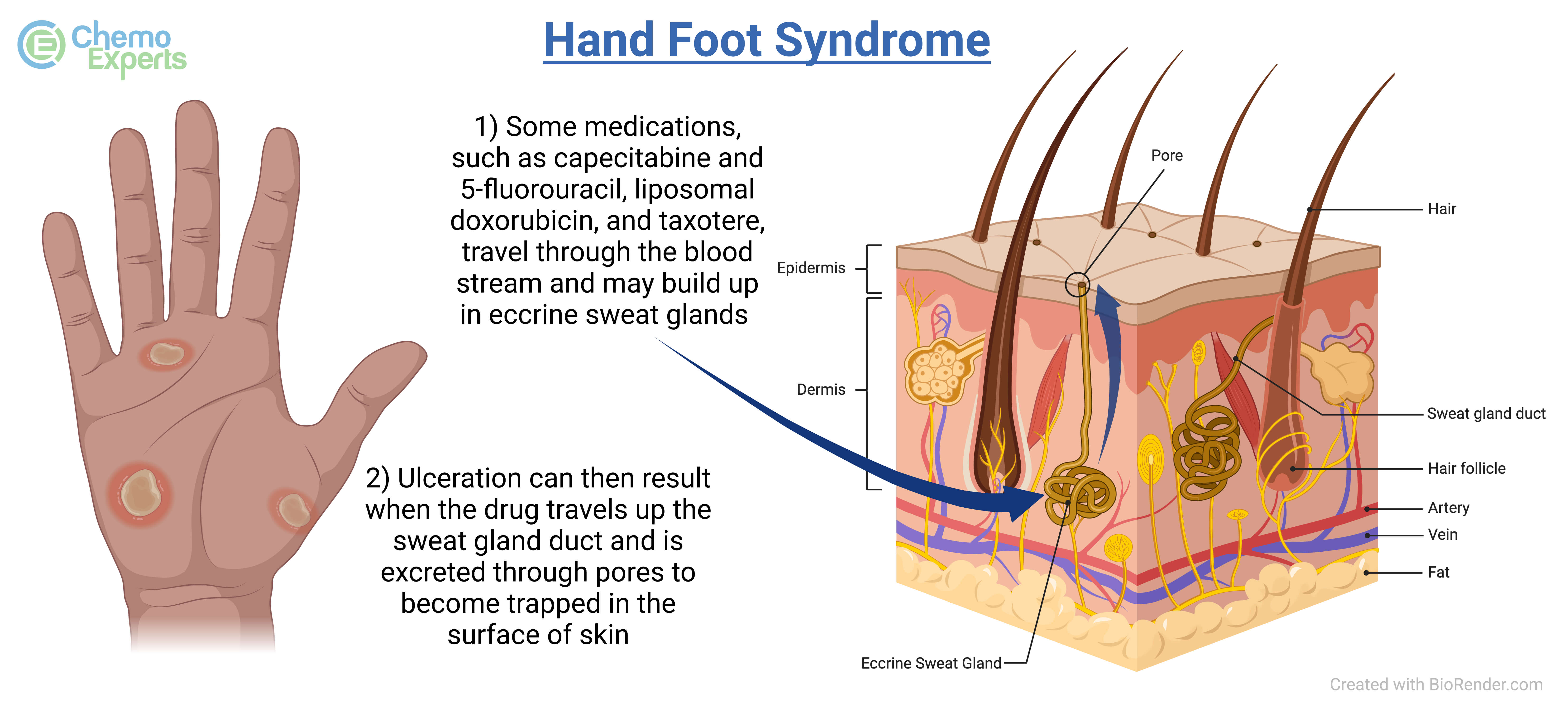Leading Dermatology Treatments for Hyperhydrosis of Hands and Feet: What You Required to Know
Leading Dermatology Treatments for Hyperhydrosis of Hands and Feet: What You Required to Know
Blog Article
Understanding the Source of Excessive Sweating and Its Influence on Day-to-day Live
Extreme sweating, also called hyperhidrosis, is a condition that impacts a significant part of the population, yet its hidden reasons and ramifications on daily functioning remain somewhat enigmatic. While it is typically understood as a physical feedback to manage body temperature, the triggers for excessive sweating can vary extensively among people, incorporating not only physical variables yet also psychological and psychological components. Additionally, the impact of this condition extends beyond plain discomfort, often influencing social communications and total lifestyle. By delving into the origin of hyperhidrosis and exploring its multifaceted results, a much deeper understanding of this prevalent issue can be gained, clarifying the intricacies that people facing extreme sweating browse on a daily basis.
Physiology of Sweat Glands
The guideline of sweat manufacturing, a vital physiological procedure, is largely controlled by the activity of gland dispersed throughout the human body. Sweat glands are classified right into two main kinds: eccrine and apocrine glands. Eccrine glands are the most many and are found in practically all locations of the body. They play an essential function in thermoregulation by secreting a watery fluid onto the skin's surface area, which aids and evaporates cool the body down. In contrast, apocrine glands are concentrated in areas abundant in hair follicles, such as the underarms and groin, and their secretions are thicker and milky in look.
When the body temperature climbs, either as a result of physical activity, high temperatures, or psychological tension, the nerve system sets off the gland to produce sweat. This sweat is composed mostly of water and electrolytes like salt and chloride. The process of sweat manufacturing is vital for keeping the body's internal temperature level within a narrow, optimum variety, highlighting the critical function sweat glands play in human physiology.
Triggers for Excessive Sweating
In recognizing the source of excessive sweating, it is important to identify the triggers that can cause this physiological response. Too much sweating, also called hyperhidrosis, can be triggered by numerous aspects, both physiological and ecological. One typical trigger is emotional stress and anxiety or anxiety, which can promote the body's sweat glands to produce more sweat than is required for cooling. Physical physical effort, heats, and spicy foods are also known to activate excessive sweating in individuals vulnerable to this problem. Furthermore, particular medical problems like hyperthyroidism, menopause, or diabetes can add to extreme sweating as well.
Additionally, drugs such as some antidepressants, opioids, and certain supplements can likewise serve as triggers for hyperhidrosis. Recognizing these triggers is necessary in handling too much sweating properly - Treatment for hyperhydrosis of hands and feet. By recognizing and resolving the certain triggers that trigger too much sweating in a specific, health care carriers can develop personalized treatment plans to ease this problem and boost the individual's top quality of life
Medical Conditions Associated
Associated with extreme sweating are numerous medical conditions that can worsen this physiological response. One usual problem is hyperhidrosis, a disorder characterized by unusually enhanced sweating that surpasses the body's thermoregulatory requirements. This can show up in focal areas like the hands, soles, underarms, or face, impacting a person's quality of life because of social shame and discomfort.
In addition, endocrine conditions such as hyperthyroidism, diabetic issues, and menopausal warm flashes can additionally lead to extreme sweating. Hyperthyroidism causes an overproduction of thyroid hormonal agents, accelerating metabolic rate and activating sweating. Diabetic issues can induce sweating episodes, especially throughout hypoglycemic episodes when blood sugar level degrees go down as well reduced. Menopausal hot flashes, associated to hormonal variations throughout menopause, can create intense and unexpected sweating, commonly accompanied by flushing and heart palpitations.
In addition, infections like endocarditis, tuberculosis, and hiv have actually been related to evening sweats, a typical sign known to disrupt sleep and affect total well-being. These clinical problems highlight the diverse variety of underlying elements that can add to extreme sweating, demanding detailed examination and management by medical care specialists.
Emotional and psychological Elements

Effect On Social Interactions
Extreme sweating can have profound effects on a person's capability to engage conveniently in social interactions. The noticeable signs of sweat stains or damp spots on garments can cause humiliation and self-consciousness, causing individuals to take out from social circumstances. This withdrawal can affect partnerships, restriction social activities, and prevent specialist and individual growth.

Moreover, the anxiety and self-esteem concerns stemming from too much sweating can impact communication and social abilities. Individuals might battle to concentrate on conversations, join team tasks, or reveal themselves with confidence. This can bring about feelings of seclusion and solitude, as social links become testing to keep.
Verdict

While it is generally understood How to stop sweaty hands as a physiological action to regulate body temperature, the triggers for too much sweating can vary widely among people, including not only physical aspects yet emotional and likewise psychological aspects. By delving into the root triggers of hyperhidrosis and discovering its complex results, a deeper understanding of this prevalent problem can be acquired, dropping light on the complexities that individuals grappling with too much sweating browse on an everyday basis.
Physical effort, high temperatures, and spicy foods are also understood to set off too much sweating in individuals susceptible to this problem. By recognizing and resolving the certain triggers that prompt too much sweating in an individual, medical care providers can develop tailored treatment strategies to reduce this problem and boost the individual's quality of life.
Too much sweating can have profound results on an individual's capacity to involve easily in social communications.
Report this page